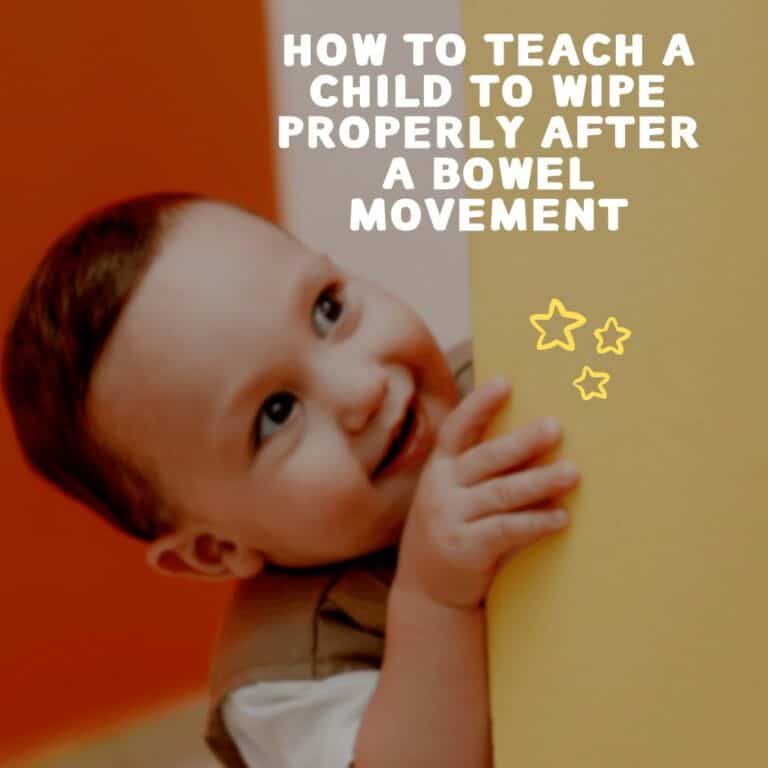In this blog post, we discuss signs of teething in breastfed babies. These symptoms include gum irritations, tenderness, pain, swollen gums, fever, rash, diarrhea, irritability and sleeplessness. In addition, you’ll also learn ways to keep your baby safe when teething.
On this occasion, we will discuss the first signs of teething in breastfed babies.
Breastfeeding is a natural process that is most beneficial to both the mother and the baby. As a mother, breastfeeding gives you the best nutrition and most natural bonding experience. On the other hand, breastfed babies are less likely to get ear infections, respiratory infections, diarrhea and many other health problems.
As a result, breastfeeding is a great option for all mothers. However, some babies have a tendency to teethe at a very early age.
What is teething?
Indeed, teething is the process of your baby’s teeth erupting. The first tooth erupts between the first and second months of your baby’s life. The first tooth to erupt is the lower central incisor.
The first sign of teething is usually a tooth that appears on the lower gum line. The second sign is a slight swelling of the gums. Teething is usually painful for the baby.
Symptoms of teething
There are some common symptoms of teething in breastfed babies. These symptoms include:
Swelling of the gums
Gum irritations
Irritability
Fever
Tenderness
Pain
Sleeplessness
Diarrhea
Teething is not dangerous for babies. However, if you are concerned about your baby’s health, you should seek the help of your doctor.
When Do Babies Usually Start Teething?

Furthermore, what can I do to help?
Teething is a normal process for babies, which is the start of the eruption of the teeth.
It usually starts between 6 and 9 months of age.
Babies may also start to show signs of teething between 3 and 5 months of age.
The first tooth to appear is the first tooth of the upper jaw.
The first tooth to appear is the first tooth of the upper jaw.
The first tooth to appear is the first tooth of the upper jaw.
Signs of Teething in Breastfed Babies
Babies have their own way of expressing their discomfort. They can cry, frown, or shake their head. Sometimes, they may even stop feeding. When a baby is teething, these signs may be more frequent and severe.
Symptoms of teething in breastfed babies include a swollen gums that are tender and may hurt when the baby bites. Teething symptoms can occur whether you breastfeed or bottle-feed your baby. However, if you breastfeed or chestfeed, you might notice other changes, too, such as an altered latch. Gum pain or soreness might cause your baby to latch on differently.
If your baby starts chewing on her fingers, it’s likely because she/he’s teething. The pain from a baby’s first tooth can make your baby want to nip at her fingers or other objects. If your baby bites you, it may be a way for her to communicate that she wants to eat something.
Remedies and treatments to soothe a teething baby
What is the best way to comfort a teething baby? The following teething cures have been tried and tested by parents to assist reduce their children’s teething discomfort:
1. Teething toys
Children who are teething are naturally drawn to chew, and for good reason: the gumming activity creates counter-pressure, which alleviates pain as the teeth push up and into their mouths.
Teething relief goods, such as bumpy rubber teething toys, your clean finger, or a soft, wet toothbrush (without toothpaste) pressed firmly on baby’s gums, can give comforting counter-pressure to the teething process in certain babies.
Baby often winces at first because it hurts, but eventually relaxes and provides relief. It is a wonderful natural cure for teething pain, according to research.
2. Cold temperatures
Cold compresses applied to your baby’s inflamed and painful gums can assist to alleviate the discomfort of teething. Try:
Toys that have been refrigerated. It is considerably more efficient to chew when the object is cold and numbs the gums, as shown in the video below. Keep a stock of teething toys or damp washcloths in the refrigerator for when the baby starts teething. Keep teething rings and towels for your baby to chew on out of the freezer at all times.
Drinks that are cold. A bottle of cold water can provide chilling relief to achy gums in newborns over 6 months of age, when they are mature enough to drink from a bottle. If your baby refuses to drink from the bottle, you might try feeding him chilled, ice-free water in a cup instead of the bottle.
Food that is too cold. Cool treats such as yogurt, pureed peaches, and applesauce (once these foods have been introduced) can be more attractive than room-temperature snacks, according to some studies. Alternatively, pureed frozen fruits such as raspberries and plums can be given in a baby feeder mesh bag so that large chunks of food do not constitute a choking hazard, but only while your baby is seated upright and under adult supervision. Avoid allowing the child to suck on cold food throughout the day as a kind of relief, since this might weaken the enamel on the erupting teeth, which can lead to cavities later on.
3. Pain relievers
Speaking with your pediatrician is recommended if biting, massaging, and sucking chilly foods aren’t effective, and especially if teething is causing your infant to wake up throughout the night. If your infant is older than two months, you’ll most likely be given permission to give him or her acetaminophen or ibuprofen (for babies over 6 months). Make certain you follow the dosing recommendations to the letter.
Please keep in mind that a teething infant seeks comfort in the form of additional snuggles, kisses, and plenty of patience.
How Teething Affects Breastfeeding
How Teething Affects Breastfeeding. While breastfeeding can continue well after the baby’s first teeth come in, the experience may change a bit. First, your baby may be more fussy or irritable.
Some babies are interested in nursing because they’re hungry or bored and need something to do. Others are less interested in feeding because their mouths are too sore. And just as the baby produces more spit and drool that may irritate their mouth and chin, that extra drool can also irritate your nipples, especially if you have sensitive skin.
While nursing a baby, you should be comfortable with their latch, and you should know how to recognize a safe latch. Babies that nurse well take in more of the breast than just the nipple. And they have their tongues sticking out to cover their lower gums and teeth.
The babies of nursing mothers who are active in sports have healthy teeth! They may not have any teeth yet, but it is never too early to get started on a healthy dental routine.
Their discomfort is temporary and can be resolved by using teats that are appropriate for the size of their mouth and not being bitten or otherwise causing pain to the nursing mother.
Conclusion
As a parent, you can’t always control your child’s health, but you can try to make sure they are eating healthy foods and getting enough exercise.



